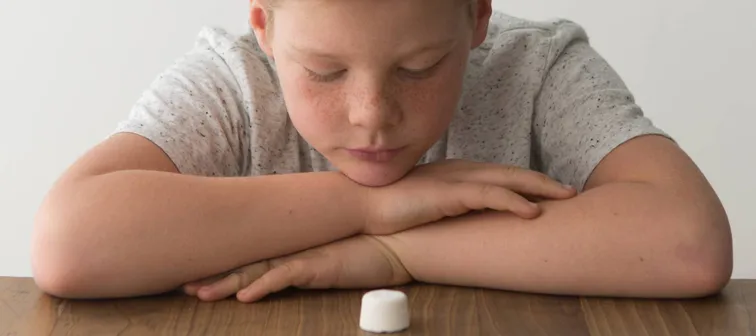It is a heartbreaking fact that by the age of sixteen, more than two-thirds of children have experienced at least one trauma, according to the Substance Abuse and Mental Health Services Administration (SAMHSA) (Understanding Child Trauma).
Read MoreWe can often overlook second-hand trauma in our youth because “it didn’t happen to them”. However, the effects of second-hand trauma can persist for months or years if left untreated.
Read MoreAfter a traumatic event, it is natural to feel frightened. Fear is a tool the body uses to protect itself in dangerous situations.Nearly everyone will experience a range of reactions after a traumatic event, but not everyone will experience PTSD.
Read MoreWe all know that bad things happen in life. Our parents warn us, and we expect that some things will go wrong. Our cars break down, our parties get rained out, friends betray us, we struggle in relationships, and so on. But most of us are actually optimistic that really bad things, like what others experience, will never happen to us.
Read MoreIt is a heartbreaking fact that by the age of sixteen, more than two-thirds of children have experiences at least one trauma, according to the Substance Abuse and Mental Health Services Administration (SAMHSA) (Understanding Child Trauma).
Read MoreAt Wellspring, we’ve always been dedicated to restoring hearts and minds. Looking forward to our Restore Retreat, we provide the same support for adults who have also experienced trauma or a major negative event in their lives.
Read MoreFrom the beginning with Adam and Eve, owning up to our actions has been difficult. However, there are some things we are not responsible for. In this post, we will determine when it is our responsibility to "own up" and when we shouldn’t have to.
Read MoreCowardly, inconsiderate, or even sinful: these are some of the words people often use to describe the act of suicide. These attributes largely contribute to the stigmatization of people at risk, preventing them from getting the mental health care they need.
Read MoreD.E.R., also known as Disaster Emotional Relief, is a clinical intervention and psychoeducational hybrid service founded by Wellspring to help people heal after traumatic events in a community.
Read MoreSelf-Regulation allows us to monitor difficult thoughts and emotions calmly to respond in a way that is appropriate to ourselves, others, and our environment. Self control, the behavioral management part of self-regulation, not only helps our social interactions, but it is considered a fruit of the spirit from God (Galatians 5:22-23).
Read MoreEveryone processes grief differently. Sometimes we deal with our grief in unhealthy ways, and other times we look to God, friends, family, or things we love for comfort. Music has therapeutic benefits to help during the grieving process.
Read MoreThe birds are singing, the sun is rising, and you’re rushing out the door to drive to work. While you might be checking to make sure you have your phone, you rarely think about how you’ve missed watching the sun rise.
Read MoreBlack History Month is an opportunity to appreciate and acknowledge the contributions of the African-American people into the tapestry of our Nation’s history.
Read MoreAt Wellspring, we believe that home is where mental health is developed, or unfortunately, injured. We want to help families thrive! Read to see if family therapy is a good option for you.
Read MoreThis last year has been challenging for all of us, and some may be struggling to bounce back after a season filled with stress, fear, or sorrow. Psychologists define resilience as “the process of adapting well in the face of adversity, trauma, tragedy, threats, or significant sources of stress” (Building your resilience).
Read MoreHealing can be found in the process of telling a hard story. Putting words to a traumatic story is therapeutic in and of itself. It helps a person to remember details, express emotions, choose what is important to say, and make sense of all that has happened to them and in them.
Read MoreWe humans live and think in stories. We are fascinated by them, entertain ourselves with them, and define ourselves by them. The last and often best part of any good literature story is the resolution – in the end, we want to know what happened to all of the characters.
Read MoreWellspring is like the rest of our community; we too have been profoundly affected by the Surfside building collapse and all of the collateral repercussions to our community and people’s lives.
Read MoreYour child sees you worried about the pandemic; or they may be worried about going back to school. Kids are seeing loved ones get sick or die from Covid. Are these considered crises?
Read More“So where does it hurt?”, your doctor asks you. Although we all attempt to avoid pain, the pain response itself is valuable. Without it, we don’t know when we need to rest, go to the doctor, or heal a wound.
Read More

















